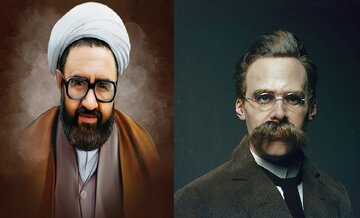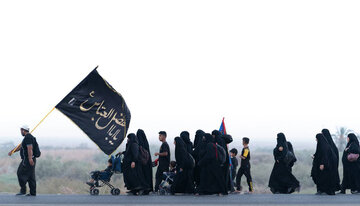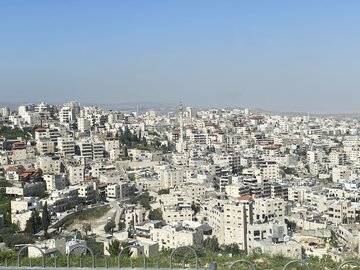The Prophet an "Ummi"
By:Ali KhalfanOne of the specific challenges in the Qur’an to prove its miraculous nature is the position of the recipient of the revelation, prophet Muhammad (peace be upon him). In one of the verses, Allah commands the prophet to say to his people that before the revelation, he lived a lifetime among them. During this time, he had not received any formal education; nor did he write even a single line of poetry or read anything. Muhammad was an orphan and a poor shepherd behind those mountains where he was commissioned by Allah to spread the message of Islam.Say: If Allah had desired (otherwise) I would not have recited it to you, nor would He have taught it to you; indeed I have lived a lifetime among you before it; do you not then understand? (10:16)
What is the meaning of the statement, “The Prophet was an Ummi”? Those who follow the Messenger-Prophet, the Ummi, whom they find written down with them in the Taurat and the Injeel… (7:157) Allamah Tabataba’I in his tafseer al-Mizan (English volume 1) says the word “Ummi” is related to the word al-Umm (= mother) probably because the mother is so much in love with her child that she does not entrust the child to any outside teacher other than herself. In the same way, Allah loves His Messenger so much so that He teaches him rather than allowing his mind to be touched by a human teacher! Hence we say that the Prophet was like a flower nourished by the Eternal Gardner. Some people say that the word “Ummi” means the inhabitant (one of the illiterates) of Mecca like in the term ‘al umm al-Qura’. However, most exegetes and scholars agree that the word “Ummi” when used for the Prophet in the Qur’an means “unschooled” or “unlettered” but not “illiterate” and has a special relation to the miraculous nature of the Qur’an.
Did the Prophet read or write anything before the revelation? And you did not recite before it any book, nor did you transcribe one with your right hand, for then could those who say untrue things have doubted. (29:48) This verse clearly proves that the Prophet did not read or write anything before the Qur’an. Does it mean therefore that the Prophet could not read or write anything? We all know that reading and writing are some of the tools used to acquire and share knowledge. Since Allah has given the Prophet the required knowledge, therefore there is no need of such tools because the knowledge is already had. This kind of knowledge is called “intuitive knowledge” and has to include the ability to read and write if needed.
Did the Prophet read or write anything during the revelation? The opinions among the scholars and exegetes are mixed regarding this issue. However, even those who say that the Prophet did write during the prophetic call, unanimously agree that it was very little that the prophet wrote for example the writing and signing of treaties, etc. Those who say that the Prophet did not read or write anything during this period do not imply that he could not read or write.
Conclusions: The position that the prophet Muhammad (peace be upon him) was an Ummi - in the sense that he did not read or write anything during his lifetime, is one of the proofs that the Qur’an is indeed the word of God and a living miracle. When the Qur’an was revealed, the giants of literature were reduced to pygmies and the experts in poetry were tongue-tied. However, one should not misconstrue the word Ummi to mean “illiterate” because the prophet had intuitive knowledge and his teacher was the Almighty God Himself.




